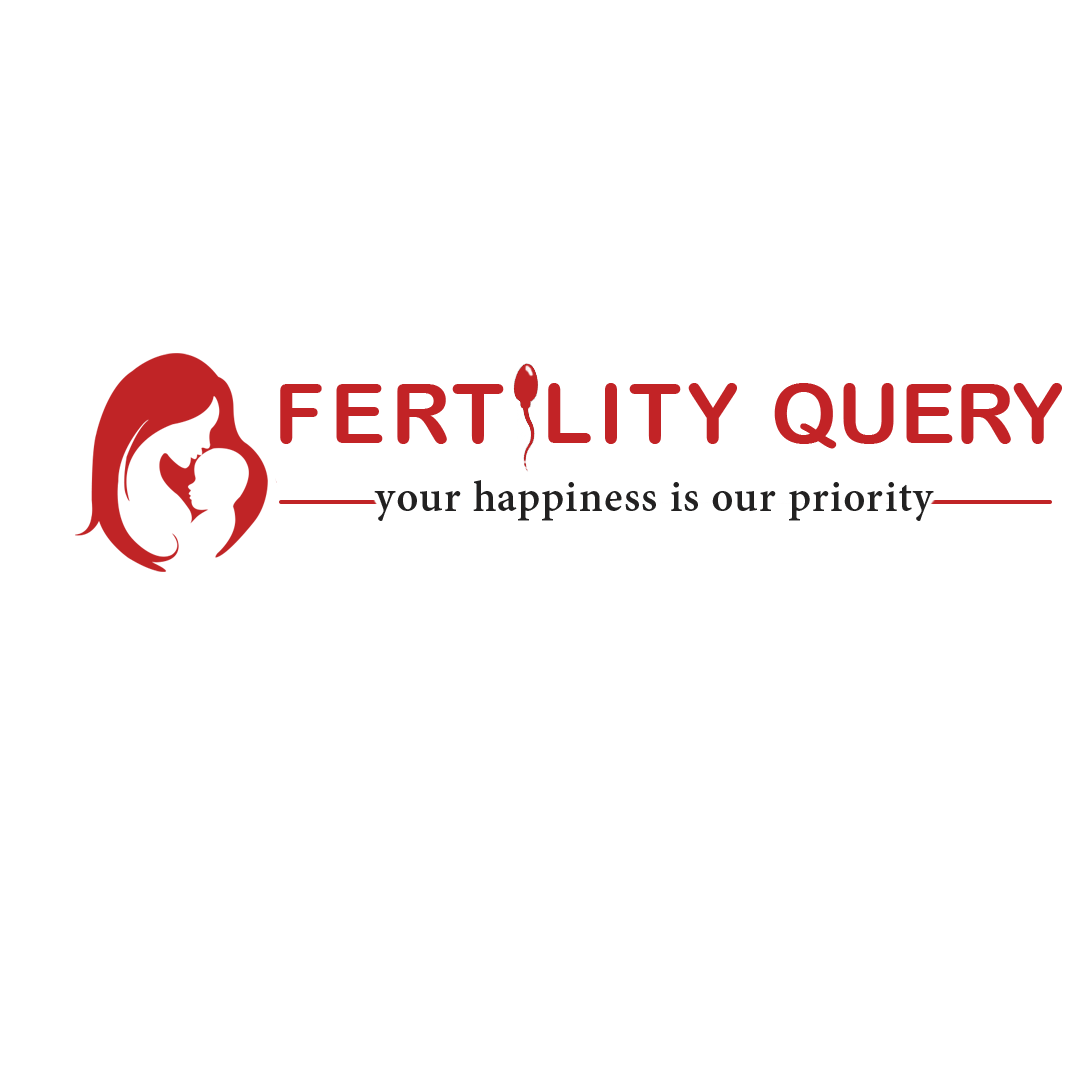Edit Content
About Us
Fertility Query is the Best IVF Centre in India providing best IVF services and an outstanding Assisted Reproduction Centre located in Delhi easily accessible via all forms of transportation. Led by internationally acclaimed Infertility Expert & Best IVF Doctor in Delhi The team of Fertility Experts with professional qualifications and experienced expertise offer guarantee of success at a fraction of the price you would pay for similar treatments abroad.
Contact Info
- New Delhi, India
- info@fertilityquery.com


